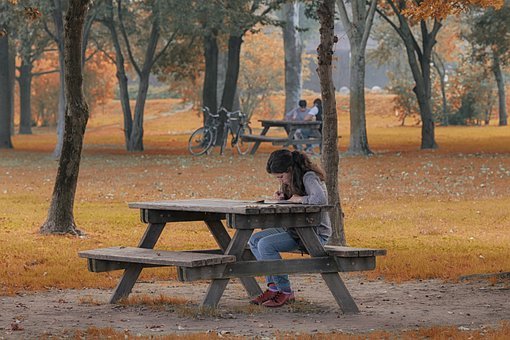As has become customary, I was somewhat late posting on my Reading Challenge Facebook Group with this month’s title, the theme of which is a novel from Eastern Europe. I have chosen Milan Kundera’s The Unbearable Lightness of Being. This book has been sitting on my bookshelves for many years; it was part of my husband’s collection before we met, so must have been bought at least 25 years ago. I’ve ‘been meaning to read it’ ever since. There may well be books on my own TBR pile that have been around even longer, but I am determined I will get to them all one day! So, this month’s theme provides the perfect opportunity to get into this particular title, a renowned modern classic set against the background of the Prague Spring in 1968. First published in 1984, it was made into a film in 1988, starring Daniel Day-Lewis and Juliette Binoche. Apparently, the author hated the film!
So, if you would like to join me this month, I would love to hear your thoughts at the end of the month – or, at my present rate of reading, a week or so into October!
Last month’s theme was ‘a love story’ and I chose André Aciman’s Call Me By Your Name. The novel is set primarily during one sultry Italian summer in the 1980s. The younger main character, teenager Elio, spends every summer there with his parents at their home. Each year they invite an American graduate student to stay with them for several weeks, to assist Elio’s father with his academic work, whilst also working on a project of their own. This has become a tedious routine for Elio, who is always aggrieved that, for the period of the visit, he has to vacate his bedroom for a smaller one down the hall, so that the guest can stay in more comfort. That is until Oliver arrives. Seven years older than Elio he is confident, outgoing, charming and brilliant, a favourite with Elio’s parents, the staff who work in the house, and the family’s local friends and neighbours. By contrast, Elio is introverted, at times morose, a typical teenager, you might say.

The book is written from Elio’s point of view, so we know he feels an instant attraction to Oliver. Still young, Elio is in the early stage of exploring his sexuality. Although he has no apparent qualms about homosexuality, he clearly does not feel he can explore this openly in front of his family. He feels sure the attraction is mutual, but is frustrated by Oliver’s reluctance to engage with him. Initially, there is an intense psychological dance between the two, as both young men try to suppress their feelings, even having romantic liaisons with other women. When Elio confronts Oliver about what he sees as his cruelty, Oliver expresses his concern about their age difference and whether it would be unfair to expose him to potential heartache. Oliver is concerned about the power imbalance that the age difference confers.
The pair finally come together and for the last few weeks of Oliver’s stay they have an intense sexual relationship and experience a deep emotional connection. Like all holiday romances, however, it cannot last. There is no sad ending, however, merely a recognition, that such love affairs burn hot and bright, but never for long.
A fellow reader commented that the time in which this novel is set is a factor. That if it had been, say, 10 or 15 years later, perhaps the romance would have been more acceptable (and perhaps less intense?). For me, the ‘forbidden’ nature of it came more from the age and status difference – Elio is at an early stage of sexual awakening, while Oliver is more experienced and does not want Elio’s early formative sexual experience to be one that he may regret later in life. Perhaps this does reflect the fact that homosexuality was still considered a more niche interest, less socially mainstream and more likely to cause psychological harm if later rejected.
This was a perfect novel for late August; I had planned to enjoy it on my summer holiday, lazing on the patio, but alas my holiday was cut short, so I had to make do with reading it in cool rainy south Manchester! It was good to escape to Italy in this book though.
I liked the story, the tension created felt very real and the ending was good. Apparently, the follow-up, Find Me is not as good. The characters were strong and the sense of place was very powerfully drawn, probably my favourite aspect of the book. It has of course been made into a film, starring Timothy Chalemet and Armie Hammer, which was highly praised and the breakthrough movie for its young star, Chalemet. I am also told the audiobook, read by Hammer, is excellent.
Recommended.

